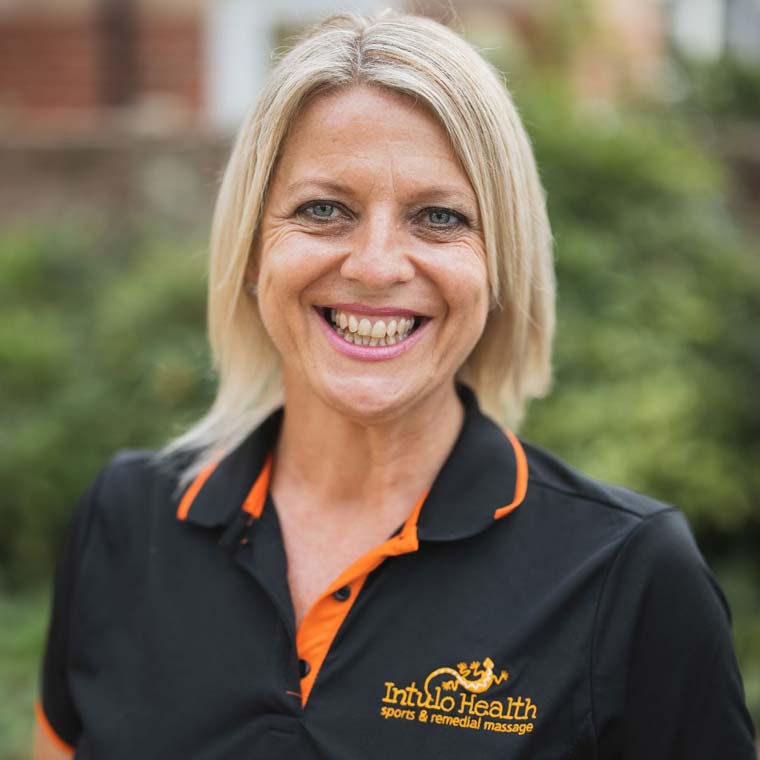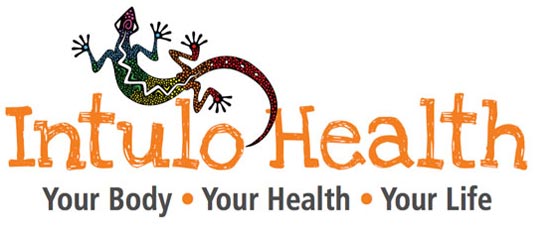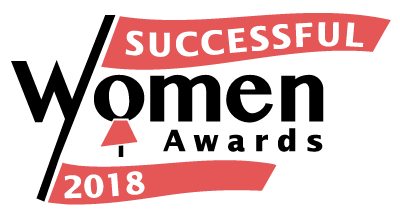 Diaphragmatic breathing techniques to help alleviate stress and anxiety
Diaphragmatic breathing techniques to help alleviate stress and anxiety
Let’s be honest, 2020 might well go down as the most stressful year in any of our lifetimes. The pressure put on our lives by the pandemic cannot be underestimated, and our bodies typically bear the brunt of that stress.
There are steps that you can take, whilst at home, to mitigate that stress. One of the best things I have found that you can do for overall relaxation (and a good way to get away from those SCREENS!) is something called diaphragmatic breathing. Diaphragmatic breathing is not a new age thing! It’s how we are meant to breathe! When you watch a little baby breathe, you see their tummy’s going up and down, well that’s diaphragmatic breathing! What we do as adults, especially when we sit all day, is we start over using our neck muscles to breathe as opposed to engaging the right muscles, and this inadvertently adds more stress to our bodies and makes us feel more anxious.
Remember how much I love to harp on about how your core stabilisers in your body are in fact your breathing muscles too, so I’ll try not to go on too much about that this month and focus more on just the breathing for now... but just bear in mind that if your core is weak it could also be adding to your breathing problem.
So .... this deep breathing technique could become part of your daily mindfulness routine, but at the very least, it will really help you the next time your feel stressed or anxious about anything. Equally, it can be used to regulate your breathing if you notice any specific heavier or shallower breathing, and indeed help to slow your breathing down if ever you find yourself hyperventilating… so instead of reaching for a paper bag, or a large glass of wine or anything that may "help take the edge off”…. Try this first!
Courtesy of mindwell-leeds.org.uk, here is a useful step-by-step guide on how to achieve this slower, deeper style of breathing. It certainly is a technique that you will need to learn (practice for a few minutes daily to get into a good daily habit!).
- Sit comfortably in a chair or lie flat on the floor.
- Put your feet flat on the floor if seated in a chair.
- Shoulders down and jaw loose.
- Back straight.
- Loosen clothes around your stomach area if convenient.
- Put one hand just above your stomach and one on the chest.
- Breathe in through your nose rather than your mouth.
- Your lower hand should move outwards as you breathe in to count of two, like you're blowing your diaphragm up like it's a balloon)
- Hold it for a count of two and then slowly breathe out to count of four, as your lower hand moves inwards.
- Repeat twice and then relax and carry on with whatever you were doing.
You should notice the breathing is coming from your stomach rather than from your chest, as your lungs expand and push your tummy outwards. Aim to keep your top hand still and only your bottom hand should move as your lungs expand. If your top hand is moving more than your bottom hand, your breathing is likely to be shallower.
It’s best to leave an interval of at least 30 minutes after eating, as a full stomach can make relaxation more difficult.
The best thing about this kind of exercise is that you can do it no matter where you are. Obviously, the key thing at the moment is to make sure that you do this away from other people. (It’s such a great excuse to get away from people right now, especially if you’re indoors during lockdown!)
Tell the family …. Amanda says I have to do this so I’m off to do my breathing exercise …
Will work a treat and the more you practice this, the more of the relaxed state effect you’ll feel.
Naturally, if tension and stress are still proving too much for your body to bear, please get in touch and let me see what other techniques or suggestions I can put your way. Remember to keep drinking at least 2 litres of water each day and try to take some outdoor exercise where you can (remember to ACTIVATE your core muscles before you exercise!).
In the meanwhile, I want to wish you a more stress-free year ahead.
Yours in relaxation and just keep breathing....
Amanda


